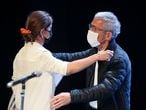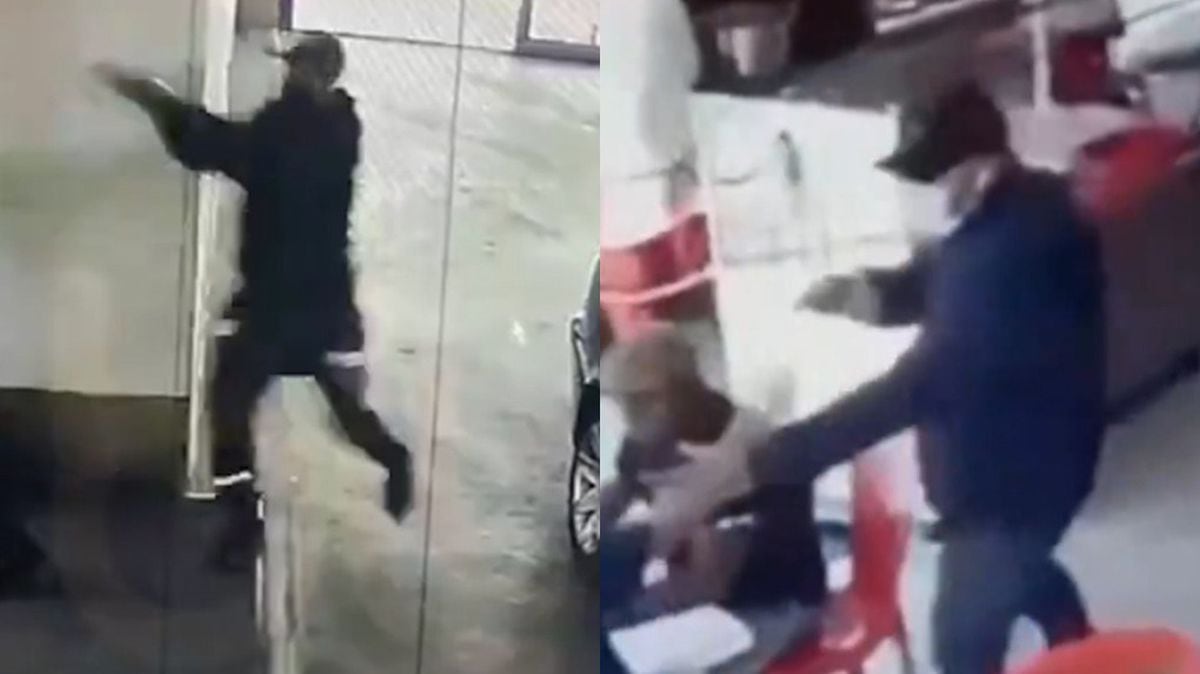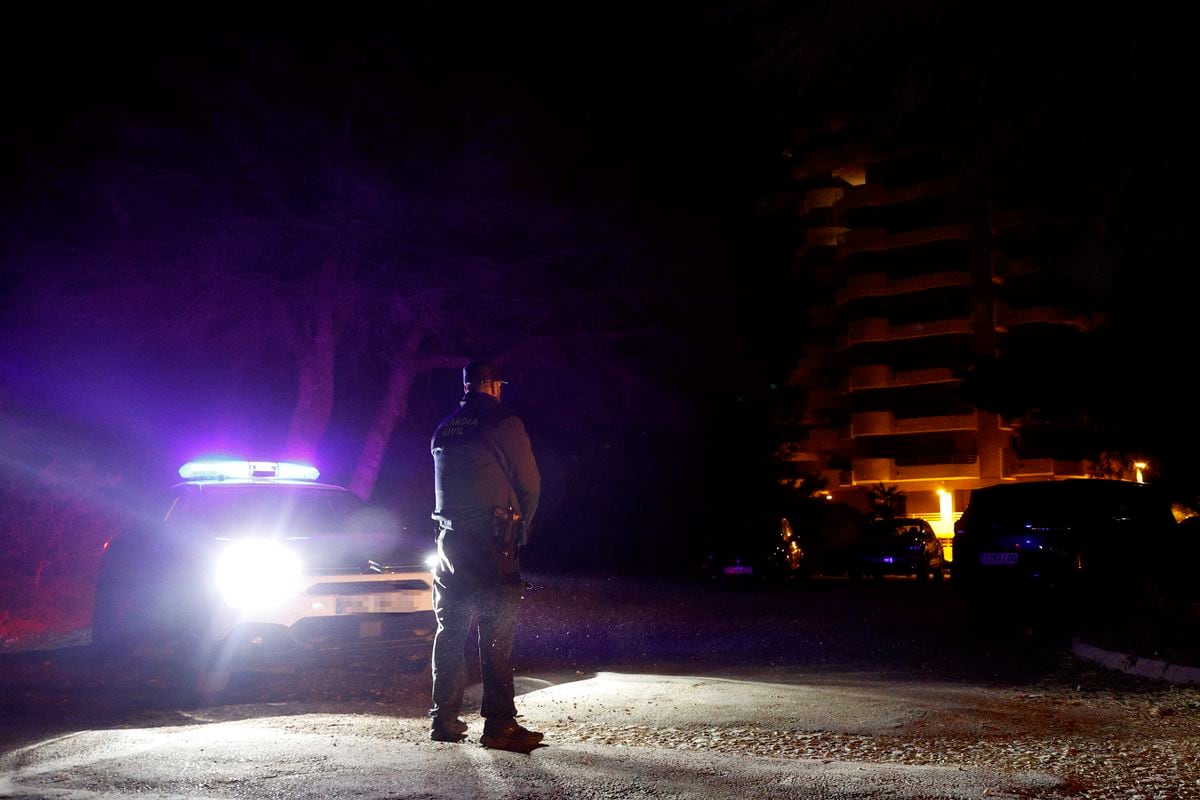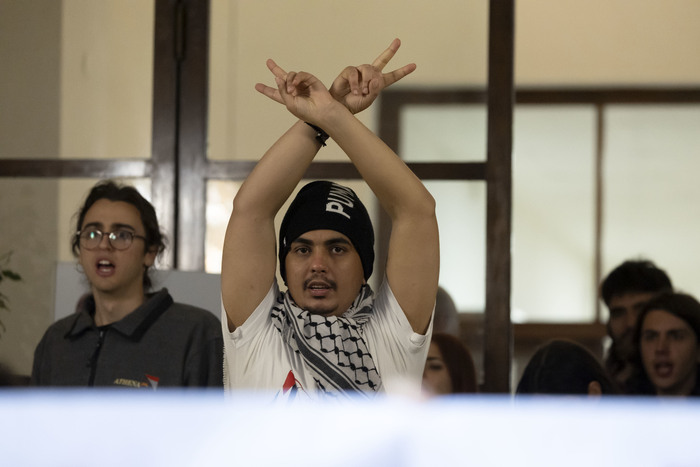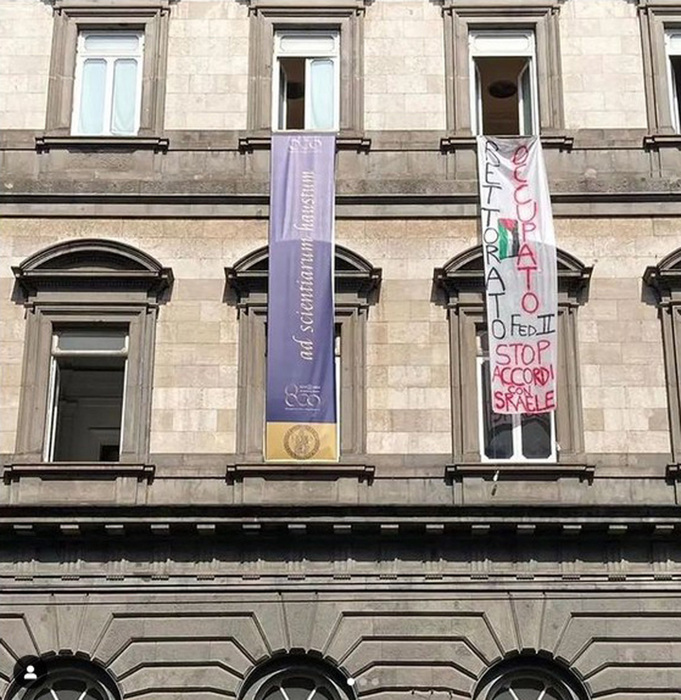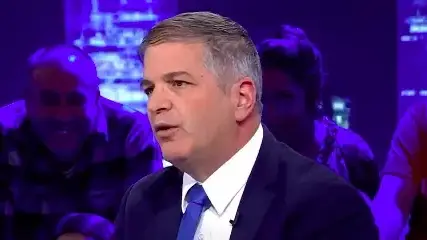Members of the Truth Commission discuss the impact of the war on Colombian universities, at the Industrial University of Santander, in Bucaramanga.
The intricate armed conflict that has faced guerrillas, paramilitaries and State forces was not only fought in the countryside, in remote places of the so-called deep Colombia abandoned by the institutions. The war has also severely hit universities across the South American country. This is another of the many wounds that a society still polarized seeks to close with the meeting that the Truth Commission organized this week to address the massacres, selective murders, disappearances, exile and dirty war against students and teachers, painful episodes that are repeated for half a century.
Colombian universities have plenty of martyrs.
More than 600 students were murdered from 1962 to 2011, an average of one a month, according to verified databases.
Violence of all kinds against these communities has varied over time, but the Commission's historical reflection, arising from the peace agreement with the defunct guerrilla group the Revolutionary Armed Forces of Colombia (FARC), resonates at a time when the The student movement has regained momentum as one of the protagonists of the waves of protests against the government of Iván Duque, which have intensified this year.
More information
Colombia debates postponing the report of its Truth Commission until after the 2022 elections
Ingrid Betancourt and other victims of the kidnapping confront the FARC face to face
"The violence of state agents against the movement and the university community is rooted in stigmatization, and is exacerbated in the persecution of social protest and critical thinking, which are often associated with the insurgency," said Commissioner Saúl Franco, who has suffered it firsthand, at the opening of the meeting this Thursday at the campus of the Industrial University of Santander, in Bucaramanga, the main city in eastern Colombia, which was attended by EL PAÍS at the invitation of the Commission. It was complemented by one of the most illustrious policemen in Colombia, retired General Óscar Naranjo, who apologized for having contributed to stigmatizing the university when he led the public force. It was a great mistake "not to have approached us to overcome mistrust," the former vice president also lamented,who helped negotiate the peace accords.
Those words were the preamble to an avalanche of testimonies both from victims who demand truth, justice, reparation and non-repetition, as well as from those responsible for various armed groups. A catharsis welcomed by the TUI community, one of many public universities that have felt the severity of the conflict.
The Commission has studied several representative cases, in different cities. Such as the massacre of February 26, 1971 in Cali, when the intervention of the military police at the Universidad del Valle after some student protests resulted in at least 15 deaths, dozens injured and thousands of detainees. Or the long struggle of Colectivo 82, the seed of other organizations in search of the disappeared. The group arose after 13 people, most of them students from public universities, were tortured, disappeared and murdered between March and September 1982 in Bogotá with the participation of members of the public force. "The disappearance of our loved ones turned us into distrustful beings, life became something painful that still tears our souls," said Rosalba Campos, from the 82 Collective."The Commission is very important to let us see the light at the end of the tunnel," adds Yolanda Sanjuán, sister of two other disappeared.
Join EL PAÍS now to follow all the news and read without limits
Subscribe here
The meeting also addressed other more recent cases, in which the universities ended up as part of the strategy of the warlords.
The heartbreaking interventions that took place for more than five hours detailed, for example, the attack at the beginning of the century by paramilitary groups against professors and students of the Universidad del Atlántico in Barranquilla, the largest city on the Caribbean Coast, after the expansion. territory of the United Self-Defense Forces of Colombia (AUC).
In this complicated history of multiple cross fires, guerrillas such as the ELN, the M-19 and the EPL perceived the universities as a place to recruit and push mobilization processes, "and in that process they killed people," recalled the Jesuit priest Francisco de Roux, president of the Commission, during a space of recognition with ex-combatants. Although the FARC had more peasant roots than other insurgent movements, they also carried their actions to the universities. Among the many crimes that have been recognized before the Special Jurisdiction for Peace (JEP) are the murders in the 90s of the conservative leader Álvaro Gómez Hurtado, leaving his class at the Sergio Arboleda University, and of Jesús Antonio Bejarano,a prominent economics professor shot on the campus of the National University of Colombia.
The doctor Saúl Franco himself, one of the 11 commissioners who work with a frenzy to present the final report that seeks to dignify all the victims, has suffered the violence that surrounded the University of Antioquia in the convulsive Medellín of the 80s. In June and December 1987, 16 of its students, teachers, and employees, who belonged to trade unions, committees that defended human rights, student movements, or considered left-wing were assassinated in the second largest city in the country. Franco, a renowned public health researcher, had to go into exile in Brazil after hitmen shot and killed his friends and colleagues Leonardo Betancourt and Héctor Abad Gómez - a time portrayed by his son, the writer Héctor Abad Faciolince, in
El Olimpido that we will be
-.
“If the objective was to destroy critical thinking, dismantle social leadership and eliminate and discourage human rights work, they did not achieve it, because many of these sectors continued, and are still working.
Today the university is more alive than ever, ”says the now truth commissioner.
Subscribe here
to the
newsletter
of EL PAÍS América and receive all the informative keys of the current situation of the region.

